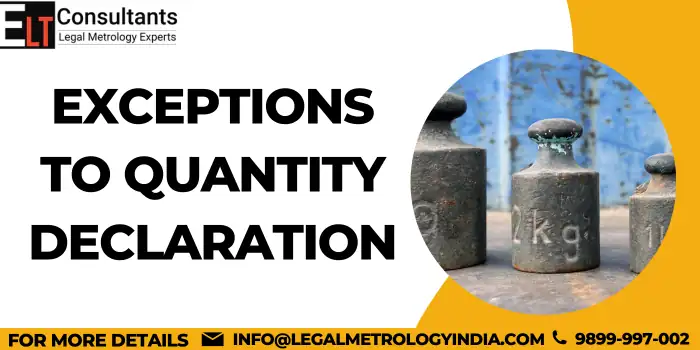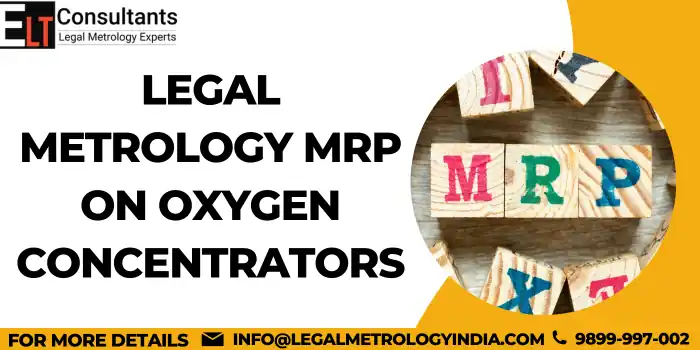In today’s scenario technology has played a vital role in transforming our lives. The advancements in technology have been rapid and diverse and have forever changed the way many of us do things in our daily lives like shopping for groceries, clothes, etc. Therefore, the laws intended for consumer protection shall be according to the way the market and industry functions.To bring clarity in the applicability of the provisions of the Legal Metrology Act and e-commerce entities are required to follow the provisions, the Ministry of Consumer Affairs amended the Legal Metrology Packaged Commodities (LMPC) Rules, 2011 in June 2017 and came into force from January 1, 2018. The amendments ensure that information given on the pre-packaged commodities like name and address of the manufacturer, net weight, etc. are adequately displayed on digital and electronic networks used for e-commerce transactions. Definitions E-commerce: It refers to the buying and selling of products and services including digital products over digital and electronic networks.E-commerce Establishment: it refers to a company incorporated under the Companies Act (1956 or 2013) or a foreign company covered under clause (42) of Section 2 of the Companies Act, 2013 or an office, branch, or agency in India covered under (ii) of clause (v) of the Foreign Exchange Management Act, 1999 owned or controlled by a person resident outside India and conducting e-commerce India.Marketplace Based Model of E-commerce: it is known as a platform for providing information technology by an e-commerce company on a digital network and playing the role of a facilitator between buyer and seller. Declaration Required on every Web Portal According to Rule 10 of the Amended Rules, e-commerce companies are required to mention certain declarations (similar to packaged commodities) on the digital or electronic platform mainly used for e-commerce platforms. However, the amendments do not clarify how these declarations are to be made. All products sold on a digital network are packed without the purchaser being present at the time of packing, similarly, products sold by e-commerce entities would fall under the category of pre-packaged commodities and include under the Act and the Rules. The commodities exempted from the provisions of the Amendment Rules are as follows: * Packaged commodities with quantity more than 25 kgs or liters, * Products related to fertilizer, cement, and the agricultural farm sold in bags weighing more than 50 kgs, * Packaged commodities meant for industrial or institutional consumers. * Food packages, which are under the purview of the Food Safety and Standard Act, 2006. Responsibility of E-Commerce web-portal under the Legal Metrology Laws According to Rule 4(10) of the amendments states that in a marketplace model of e-commerce the responsibility of the correctness of the declarations is upon the manufacturer/importer/packer/dealer in the following situations: 1. One of the main functions of an e-commerce entity is to provide access to information provided by the manufacturer/seller/importer/dealer;2. The e-commerce entity does not: 3. It is the duty of an e-commerce entity as an intermediary of due diligence under the Information Technology Act, 2000, and follows guidelines as per the Central Government. Due to this amendment manufacturer/retailer/importer/ dealer are burdened with the duty to ensure that all declarations are mentioned on the packaging of the commodity being sold on the e-commerce website. However, it helps in creating transparency in the operation of e-commerce websites and will help consumers further. Conclusion – Amendments in E Commerce Rules under Legal Metrology The manufacturer or seller or dealer or importer is responsible for ensuring correct declarations on the marketplace model e-commerce portals and not the e-commerce entities. DISCLAIMER: – The use of this website does not constitute the rendering of legal advice by the author to the reader. The above content is for the knowledge of readers, based on the above, the readers are advised to make any legal decisions but to put their reliance on respective legal professionals.










